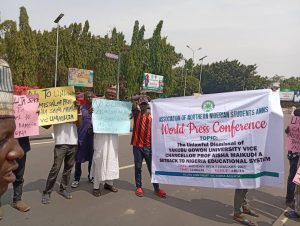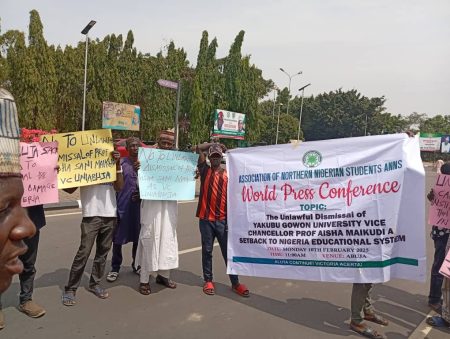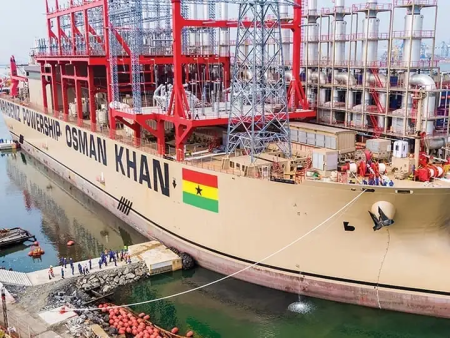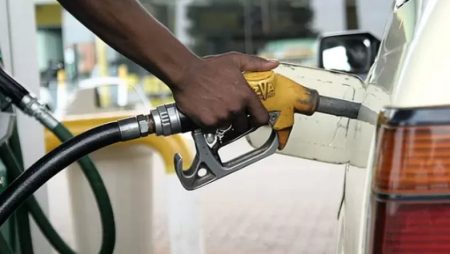Nigeria’s Ambitious Oil Production Target: A Path to Energy Security and Economic Growth
Nigeria’s Minister of State for Petroleum Resources (Oil), Heineken Lokpobiri, has set a bold target for the nation’s oil production: three million barrels per day by 2025. This ambitious goal encompasses both crude oil and condensates, and Lokpobiri assures that it can be achieved without violating the quotas set by the Organization of the Petroleum Exporting Countries (OPEC). The minister’s optimism stems from the recent increase in production from a mere one million barrels per day to the current 1.8 million barrels per day, a testament to the efforts of local players in the industry. He envisions reaching 2.5 to 3 million barrels per day as early as this year, a feat he believes achievable through strategic reservoir management and a more accurate categorization of crude oil and condensates.
This pursuit of increased oil production is driven by Lokpobiri’s conviction that oil and gas remain crucial for addressing energy poverty in Nigeria and across Africa. He emphasizes that these resources are the bedrock of the nation’s revenue and foreign exchange earnings. Recognizing that Nigeria’s journey in the oil and gas sector is far from complete, Lokpobiri calls for collaboration between the government and industry leaders, particularly the Petroleum Technology Association of Nigeria (PETAN), to harness local capacity and drive innovation. He sees Nigeria as a potential leader for other African countries in leveraging oil and gas resources for economic advancement.
However, Lokpobiri acknowledges the challenges that hinder investment in Nigeria’s oil and gas sector. He points to inconsistent government policies as a major deterrent, citing examples like unexpected cash pooling measures that disrupt the operations of International Oil Companies (IOCs). He stresses the need for a transparent and stable regulatory environment to attract foreign investment and maintain Nigeria’s competitive edge. The minister emphasizes that predictability is paramount for investors, who need to be confident in the stability of the policy landscape before committing their resources. He believes that with a more consistent and predictable policy environment, Nigeria can attract the significant investment it needs to reach its full potential in the oil and gas sector.
While Lokpobiri’s pronouncements paint a picture of optimism, the reality of Nigeria’s oil sector is far more complex. The country has struggled to meet its OPEC quota of 1.5 million barrels per day throughout the previous year. This underperformance is largely attributed to persistent challenges such as pipeline vandalism, rampant oil theft, and a lack of significant new investments in the sector. These factors pose significant obstacles to achieving the ambitious three million barrels per day target. Overcoming these challenges will require not just a stable policy environment, but also a concerted effort to address security concerns and attract much-needed investment.
The Nigerian Upstream Petroleum Regulatory Commission (NUPRC) echoes Lokpobiri’s optimism to a certain extent, projecting a production increase above two million barrels per day this year. However, this projection still falls short of the minister’s ambitious target. The discrepancy highlights the uncertainty surrounding Nigeria’s ability to overcome the deep-rooted challenges that have plagued its oil sector for years. Furthermore, the reliance on oil and gas for revenue, while understandable in the short term, raises concerns about the country’s long-term sustainability and diversification efforts.
The successful realization of Nigeria’s oil production goals hinges on several critical factors. First, a stable and predictable policy environment is crucial to attract investment. Lokpobiri’s emphasis on this aspect is a significant acknowledgment of the government’s role in creating a conducive atmosphere for business. Second, addressing the issues of pipeline vandalism and oil theft will require a robust security strategy. Without curbing these illicit activities, any increase in production will be undermined by losses. Finally, attracting substantial investment in infrastructure and technology is essential to modernize the sector and improve efficiency. Achieving the production target requires not only extracting more oil but also ensuring that it can be transported and processed effectively. Only with a comprehensive approach that addresses these challenges can Nigeria realistically aim for the ambitious three million barrels per day milestone and capitalize on its vast oil and gas resources for sustainable economic growth.














